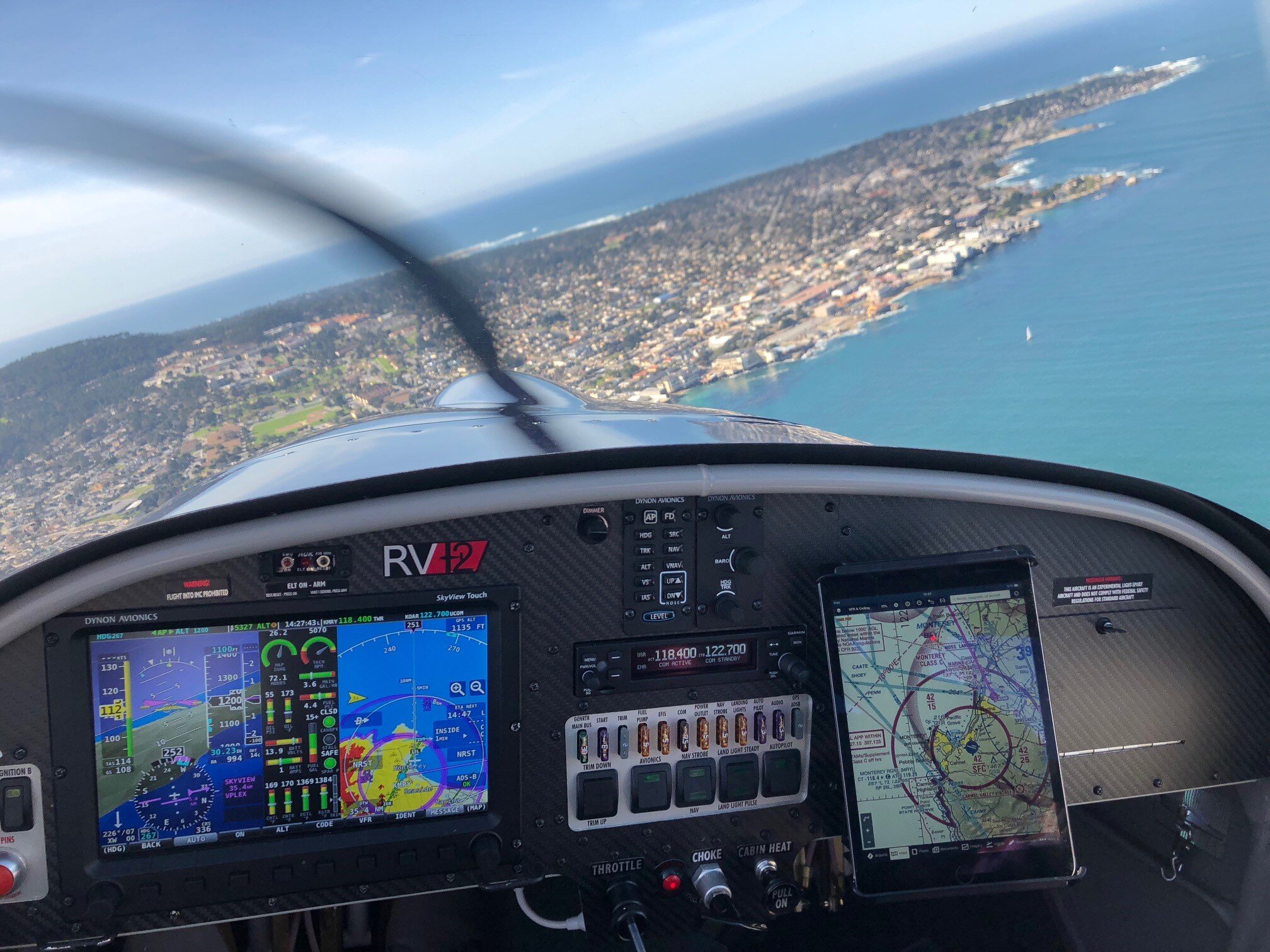During the start of COVID-19 when I was laid-off, I kept asking myself what I could do to increase the percentage of female pilots. One day I had an epiphany and realized I needed to flip this question upside down and start asking what these 6% of female pilots have in common.
What traits do they share? Why didn’t they quit when they wanted to? Is there a common denominator for success?
My hypothesis was that if I could find the specific markings of a successful aviatrix then perhaps I could teach those to student pilots and increase the 6%. This is where my research started and my mission to interview 50 female pilots began.
When I sum up my interviews and look at all of the stories, percentages, and data points- I think one of the biggest takeaways is how important it is to have a mentor and/or support system in place during one's flight training and throughout a career. 78% of the female pilots I interviewed had a mentor. Oftentimes, it was just a parent, roommate, commander, etc. who held the title of mentor; hardly ever was it in a formal capacity.
I strongly believe that if more female student pilots had a mentor then that could bridge the gap between the 13.8% of female student pilots and 4.5% of female pilots who are ATP rated.
Most female pilots believe that their confidence comes from experience, playing sports, or overcoming past failures (like a failed checkride). Another common answer was that they fake it till they make it! At some point, 40% of female pilots wanted to quit but the majority didn’t because they weren’t sure what else they would do instead of flying. Points of low confidence coincide with quitting.
69% of female pilots I interviewed reported having a father who played an influential role in their becoming a pilot. Many times during my interviews, it was the dad buying the initial discovery flight or suggesting to their daughters to sit upfront instead of in the back of an aircraft. More often than not, the father was NOT a pilot himself.
When asked about imposter syndrome, 51% of female pilots have dealt with traits of feeling fraudulent at some point in their careers. The other half didn’t know what imposter syndrome was. However, imposter syndrome is usually a trait felt during the beginning of a career and was not a current feeling at the time of the interview.
Also, an astonishingly high rate of pilots, 44%, have a partner who is also a pilot and 42% have children. Shout out to all the moms who are working hard and being an amazing role model to their kiddos!
In conclusion:
A major factor for female pilot success is having a mentor.
A supportive father plays an important role in a daughter’s success as a pilot.
Imposter syndrome and a lack of confidence are overcome through time and experience in your aviation career.
